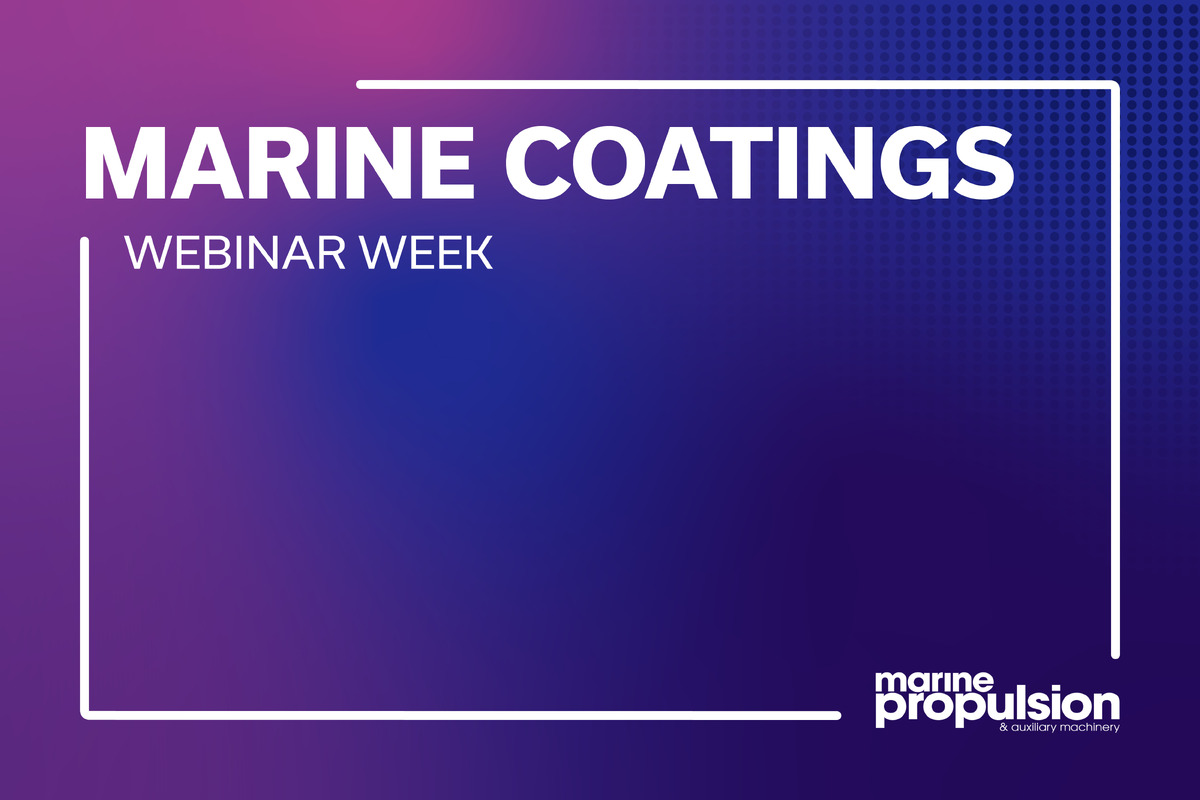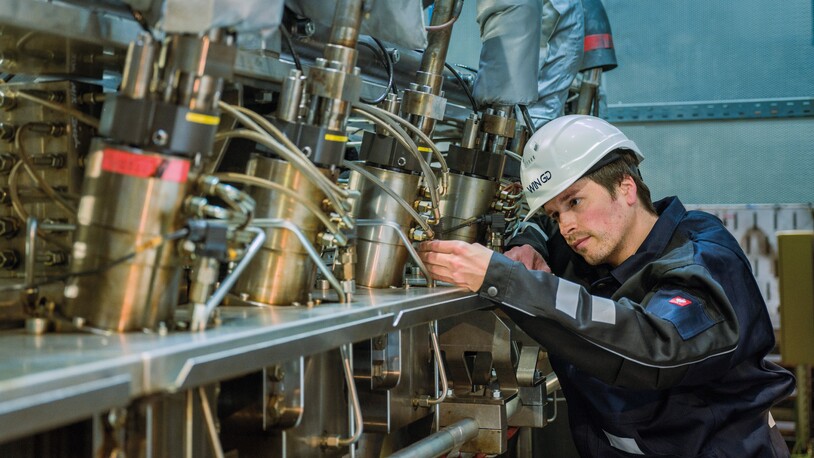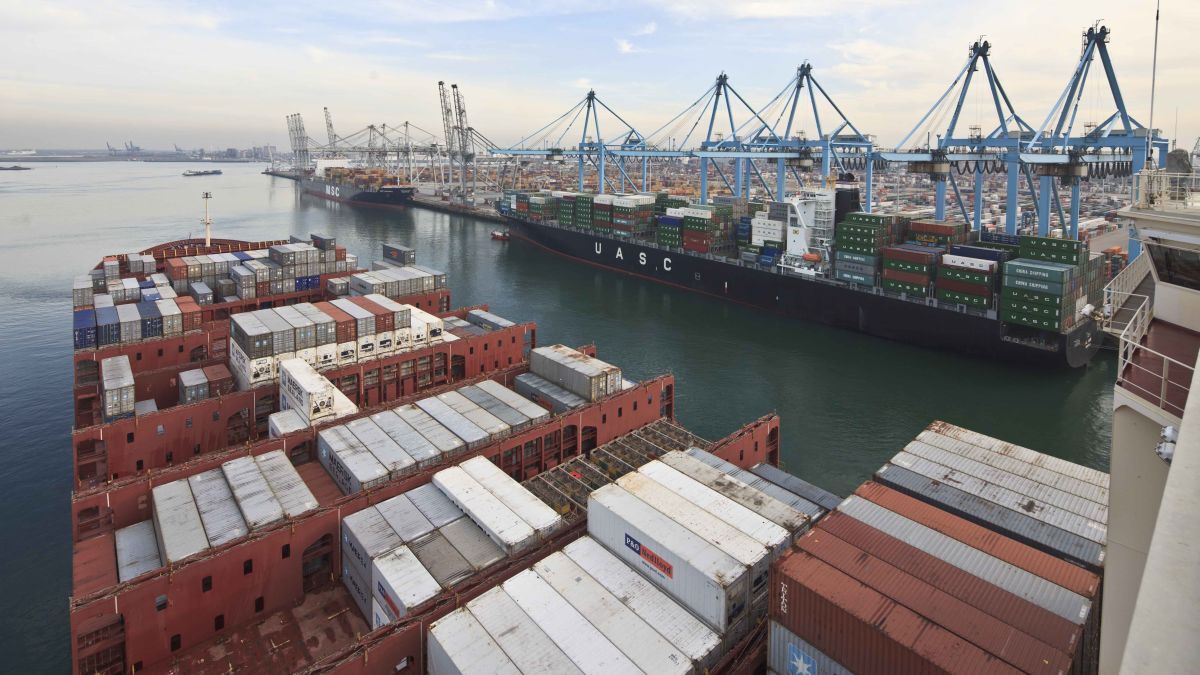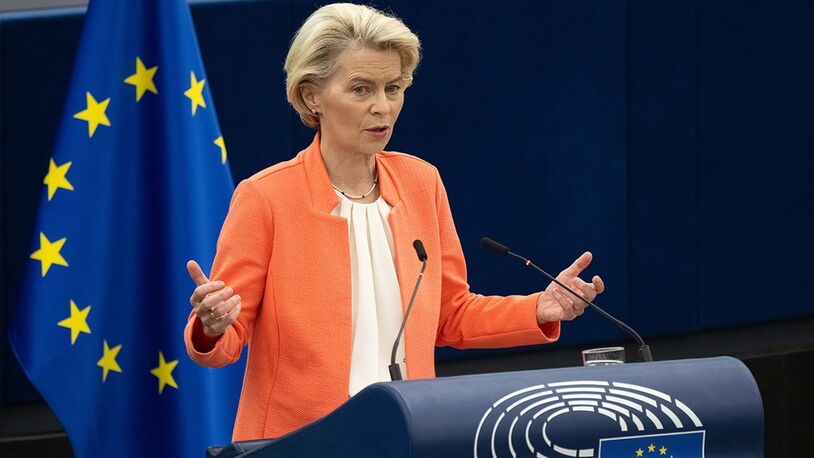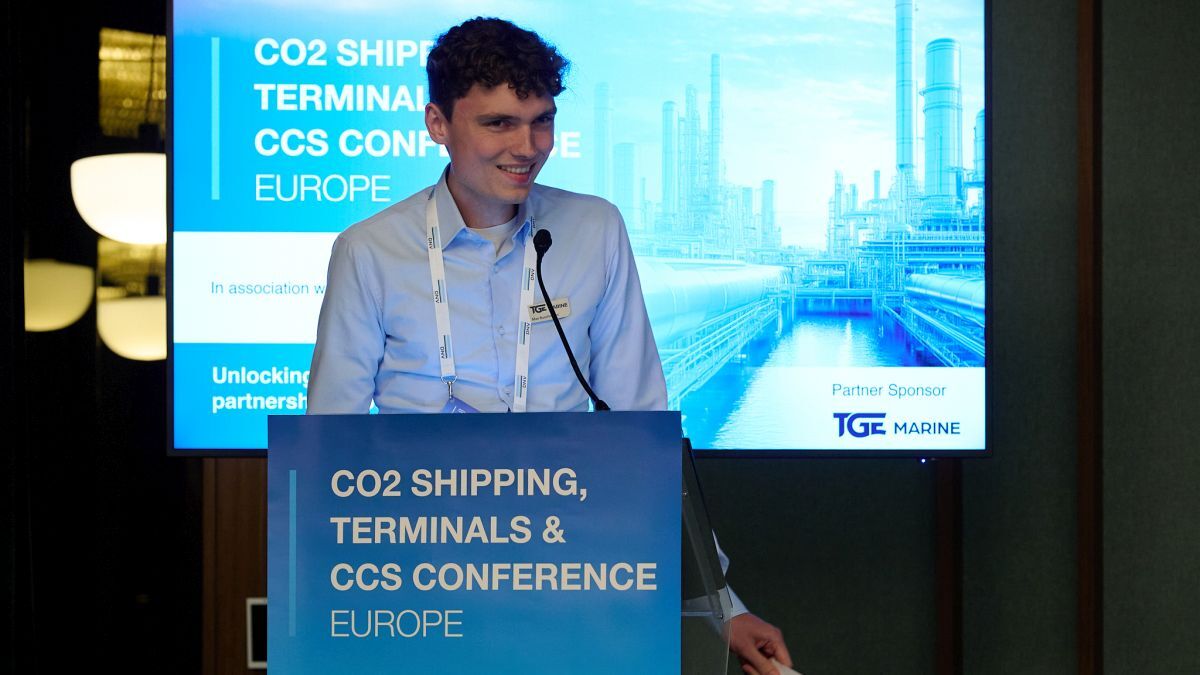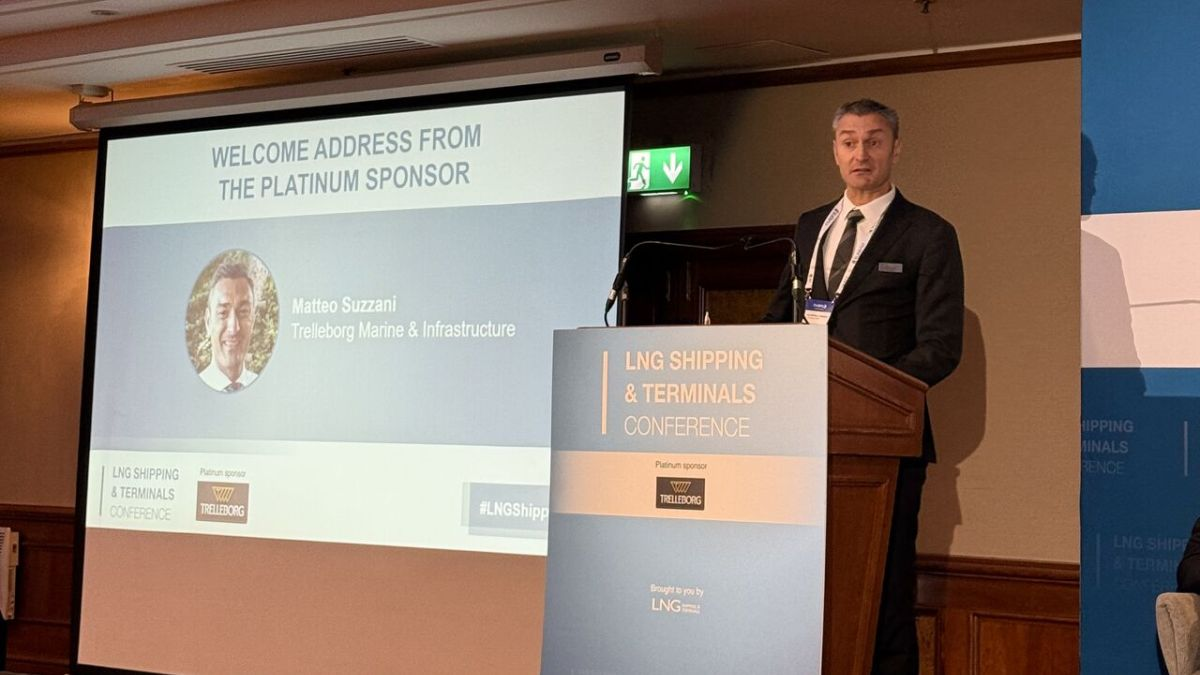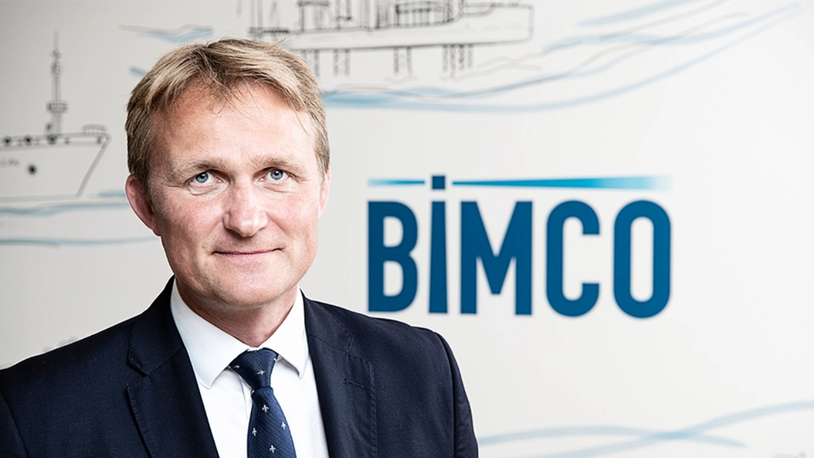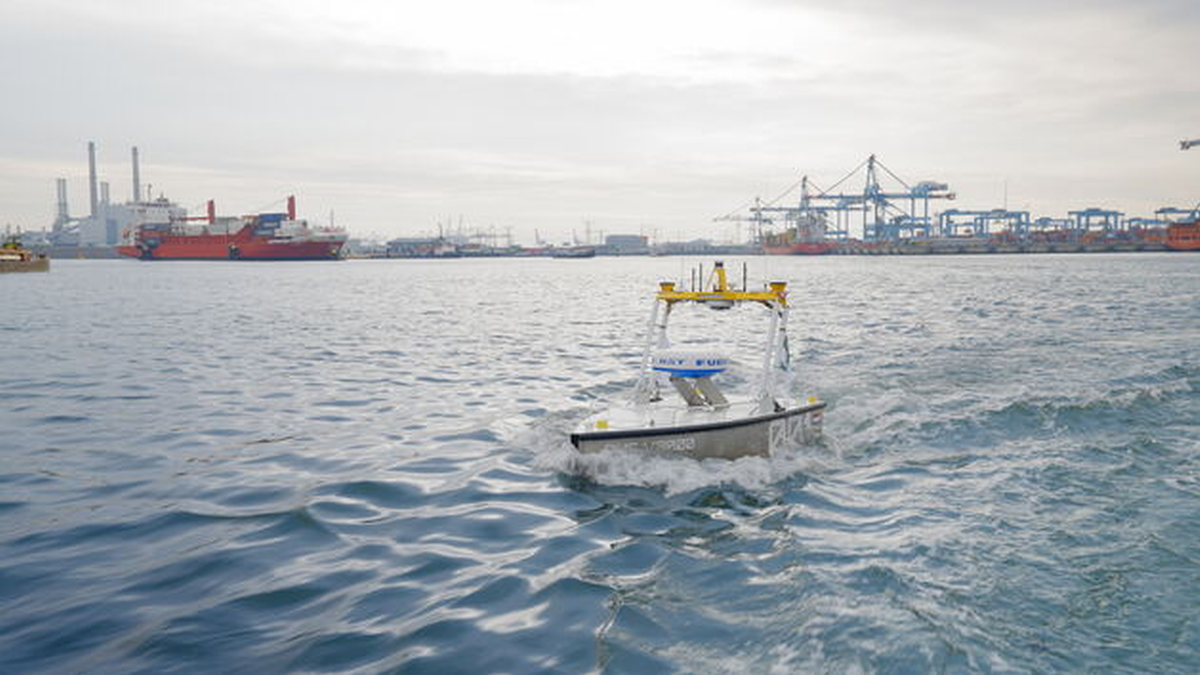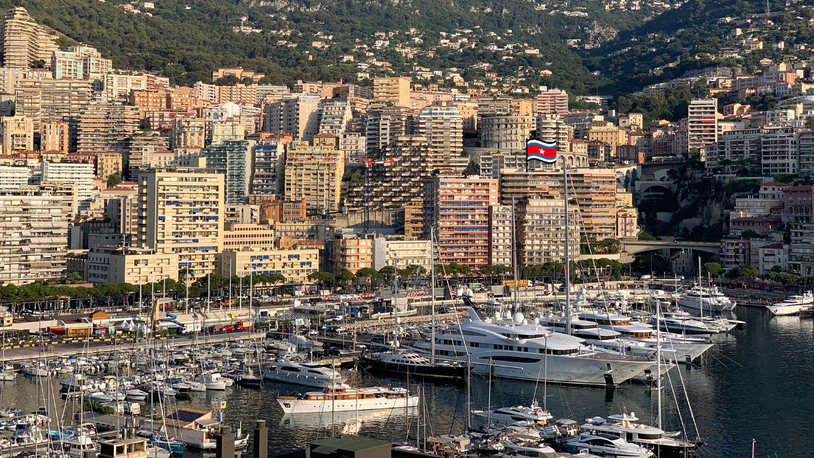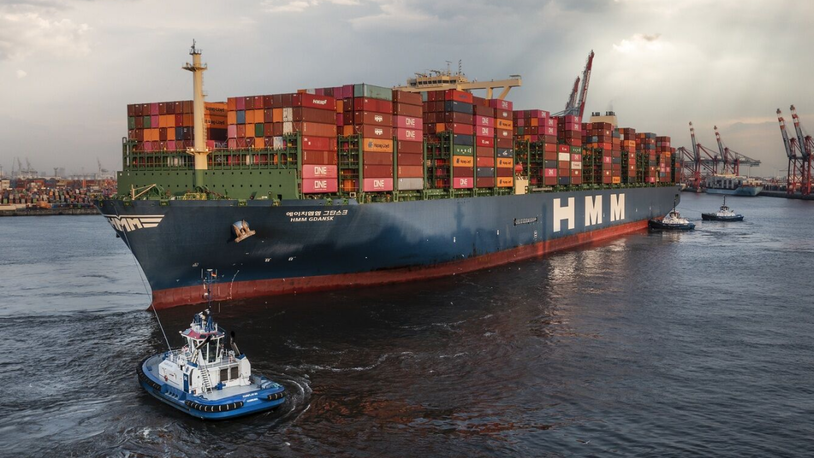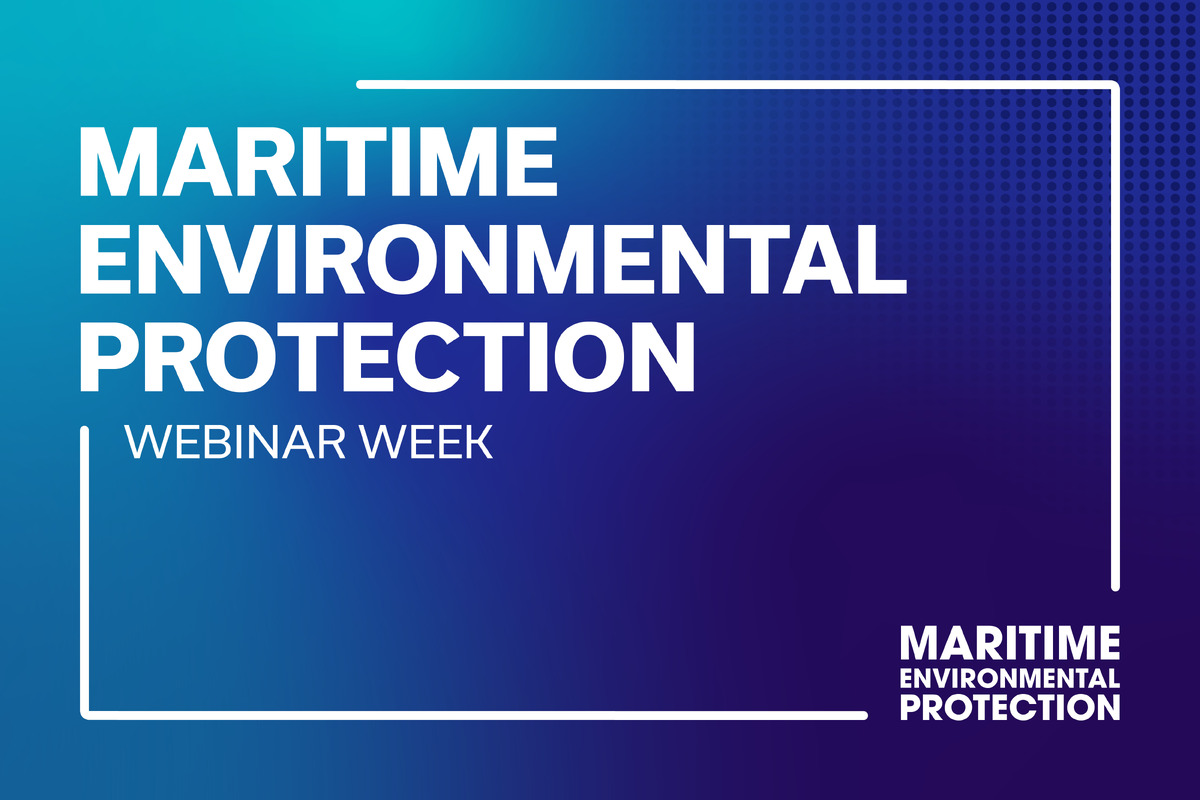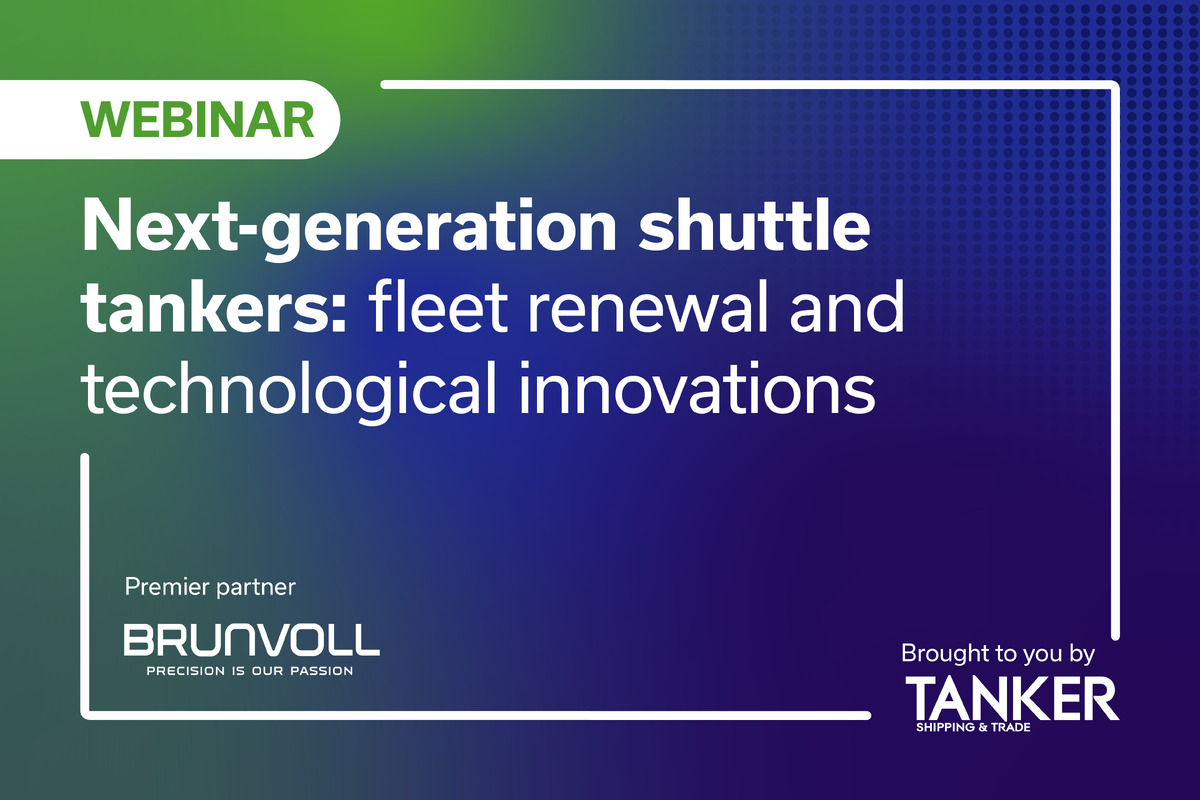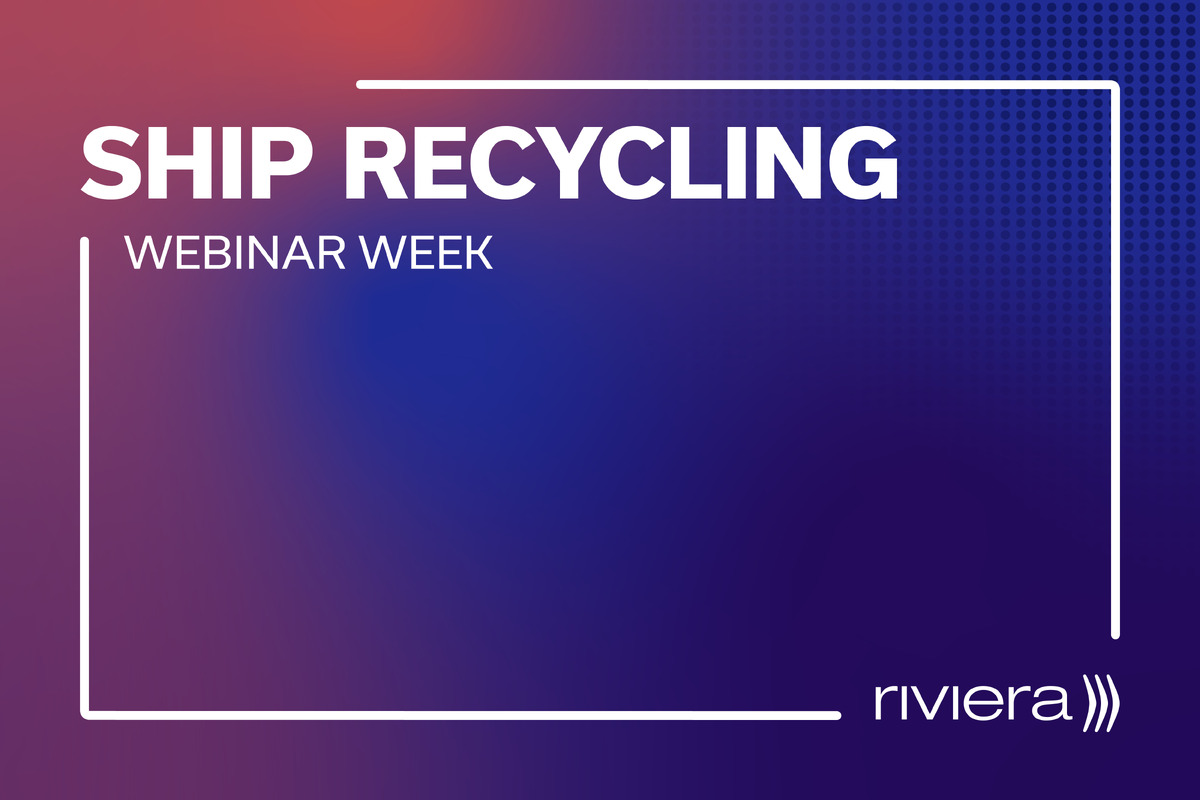Business Sectors
Events
Marine Coatings Webinar Week
Contents
Register to read more articles.
Box terminals on productivity drive to conquer supply chain pressures
As major ports continue to battle congestion, it is crucial they focus on boosting productivity
Port congestion and ship delays have been impacting all major ports in Asia, Europe, the Middle East and the US – and according to project44, there is no immediate relief. Its intelligence suggests the short-term outlook for 2022 is expected to be a continuation of 2021.
“Covid impacts to shipping will be a toss-up in terms of labour available at Asian manufacturers, ports and throughout the supply chain. This will likely continue to impact carriers’ schedule reliability which in turn will cause a ripple effect downstream of supply chains,” says project44 vice president of supply chain data insights Josh Brazil.
“Blank sailings will continue well into 2022 as ports work down backlogs and consumer spending remains strong.”
Carriers struggled with schedule reliability in December as congestion at ports and the Omicron variant of Covid-19 resulted in delays.
project44 notes that while carriers implemented various strategies, including blank sailings and sailing schedule changes to improve on-time reliability, it has not proven as successful as carriers had hoped. In addition, China’s zero-Covid policy is playing a major role in shipping delays.
Boosting efficiencies
The global port congestion problems underline the need to boost productivity in container terminals as much as possible. And ports are indeed focusing on boosting efficiencies in a variety of ways, from digitalisation to industry partnerships.
In a statement at the end of December announcing the 15 millionth TEU container of the year arrival in the Port of Rotterdam (the first time that a European port has broken through this barrier), Port of Rotterdam Authority commercial director Emile Hoogsteden said, “In 2022 we expect the extreme congestion at the Rotterdam container terminals to continue for the time being. This is because the international container ship fleet and terminal capacity are not growing at a rate commensurate with demand. The Port Authority will continue to emphasise and encourage the importance of digitalisation, co-operation and data sharing to provide a better response to the global pressure on the logistics chain - now and in the future.”
Ports across the world are implementing digital solutions to increase efficiency. New solutions here include Port of Halifax’ PortControl, a new digital operating system which will not only help improve safety, security, efficiency, reliability, and its collective impact on the environment, it will also streamline port operations and financial processing associated with vessel calls.
Port of Halifax is also boosting collaboration and industry partnerships. Its media relations and communications manager Lane Ferguson adds, “A collaborative innovation centre for the global transportation sector called ’The PIER’ at the Seaport has been introduced. PIER is short for port innovation, engagement and research. Through bringing together a complementary mix of operating partners, innovators, tech companies and researchers, The PIER creates an environment where partners collaborate and innovate to tackle the persistent industry problems that no one party can solve.”
Just-in-time platform
Many ports have also been focusing on just-in-time arrival strategies. Wärtsilä and Maritime and Port Authority of Singapore (MPA) have struck a memorandum of understanding (MoU) they say will set a precedent for a just-in-time (JIT) platform.
Wärtsilä Voyage’s MoU with MPA covers the development and field-testing of intelligent vessel capabilities in a bid to create a network of ports and vessels operating on its platform.
“Together, we will work with other industry stakeholders, such as Wärtsilä’s customers, whose vessels would be calling on the Port of Singapore. Subject to their consent, we will use the vessels’ nautical data to test-bed reliable and secure information exchanges," Wärtsilä Voyage director Chris Chung says.
The data exchanged would be used to implement standard application programming interfaces between participating vessels and MPA’s JIT co-ordination platforms.
In addition, Wärtsilä Voyage and MPA will assess data and cyber threats to vessels’ shipboard systems, ship-to-shore communications system and MPA’s JIT operations.
“The more ports get connected, the further it will encourage the uptake of connected vessels among shipowners and operators, helping them optimise their operations too, cascading the positive effect on the whole shipping industry, the planet and the people,” says Wärtsilä Voyage president and Wärtsilä executive vice president Sean Fernback.
Wärtsilä says digital just-in-time platforms are currently shortening port stays by 10% in ports where they are being used.
According to Wärtsilä Voyage, increasing traffic, the pandemic and unpredictable weather conditions have acted as catalysts for ports to adopt digital technologies.
Wärtsilä Voyage has deployed its software with port operators including TangerMed, Hamburg Vessel Coordination Centre, Port of Valencia, Port of Rijeka and Bulgarian Ports.
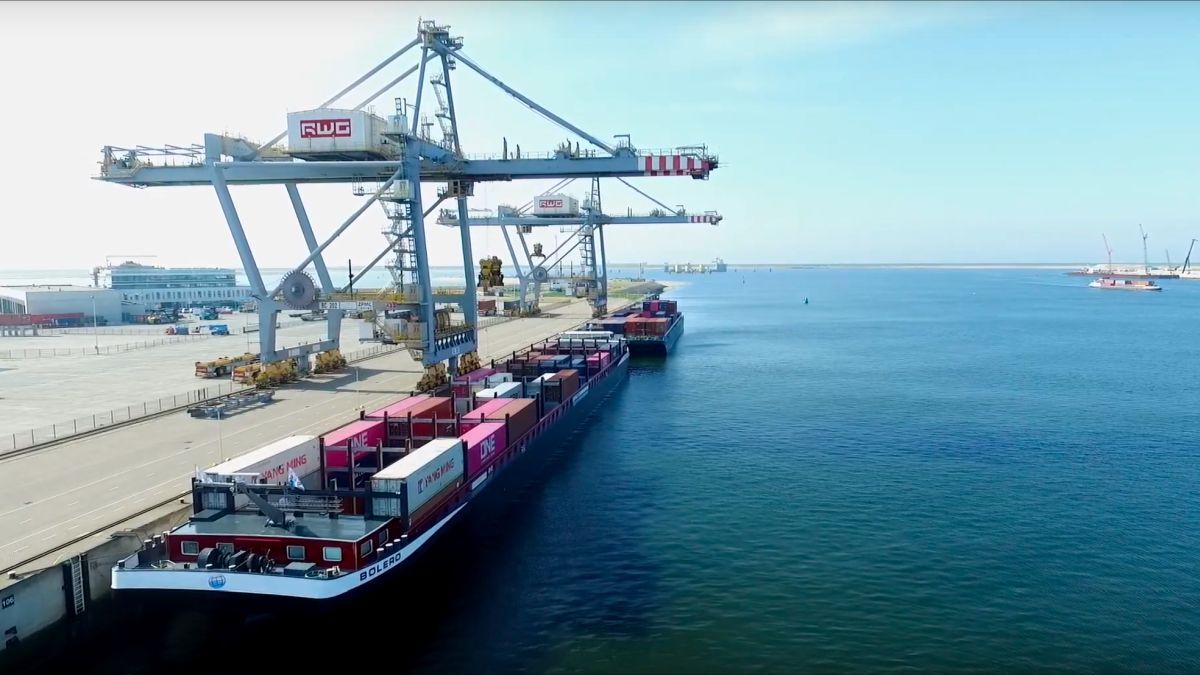
Barges and straddle carriers
Elsewhere, global port operator DP World has a huge drive to boost productivity in its ports, with many initiatives that work to this effect. Recent schemes include the launch of a barge service between the Upper Rhine region and Rotterdam World Gateway starting 1 February 2022.
DP World explains the strength of this new service is that by bundling containers in the hinterland, it becomes possible to call at only one terminal in Rotterdam in a fixed schedule to and from Rotterdam World Gateway. This will improve service reliability and reduce emissions per TEU due to the higher load factor of the barges, and the reduced port stay.
And DP World announced in January that 11 of the most sustainable straddle carriers yet manufactured will go into service at Southampton with immediate effect, completing a £40M (US$54M) investment over the last 12 months.
The vehicles, which lift containers moved by the quay cranes and then service onward forms of transport via road and rail, consume up to 20% less fuel than the diesel-electric powered machines they will replace and will be among the most sustainable in the world.
DP World UK chief executive Ernst Schulze says, “I am delighted to announce the arrival of a new class of 11 hybrid straddle carriers at Southampton, which illustrates once again DP World’s commitment to improving the nation’s trading infrastructure and playing our part in helping the UK Government meet its target of delivering the net-zero 2050 policy.”
Related to this Story
Events
Marine Coatings Webinar Week
Maritime Environmental Protection Webinar Week
Ship Recycling Webinar Week
© 2024 Riviera Maritime Media Ltd.
